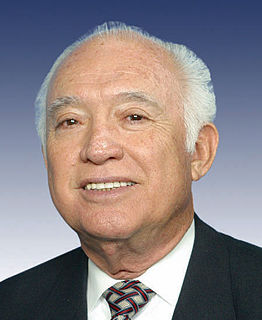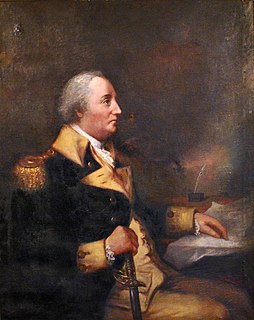A Quote by George Washington
[M]y wish is, that the Convention may adopt no temporizing expedient, but probe the defects of the Constitution [i.e., the Articles of Confederation] to the bottom, and provide radical cures.
Quote Topics
Related Quotes
[The Massachusetts constitution] resembles the federal Constitution of 1787 more closely than any of the other revolutionary state constitutions. It was also drawn up by a special convention, and it provided for popular ratification - practices that were followed by the drafters of the federal Constitution of 1787 and subsequent state constitution-makers.
[T]he Constitution ought to be the standard of construction for the laws, and that wherever there is an evident opposition, the laws ought to give place to the Constitution. But this doctrine is not deducible from any circumstance peculiar to the plan of convention, but from the general theory of a limited Constitution.

































